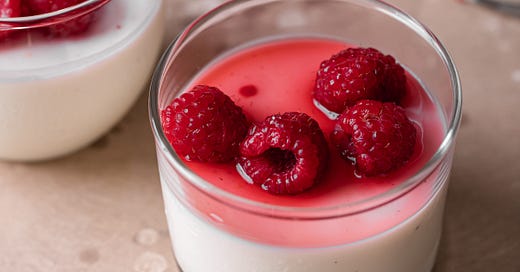Hi Bakers!
Have you ever wanted to take photos that look as amazing as your food tastes? Are your cakes beautiful IRL but don’t translate to the screen? Whether you are a home baker, food blogger, bakery owner, or an aspiring photographer, I think you will find this new series on food photography helpful.
Today I want to talk about light. More specifically, I want to show you how the direction of light relative to your subject can change the overall look and feel of an image.
To start, let’s observe the following images. In all three photos, the chocolate cake and position of the camera both stayed exactly the same. The only thing that changed was the light source - a flash that I physically moved around the cake for each shot:
Keep reading with a 7-day free trial
Subscribe to Tessa Huff's Bake Club to keep reading this post and get 7 days of free access to the full post archives.




